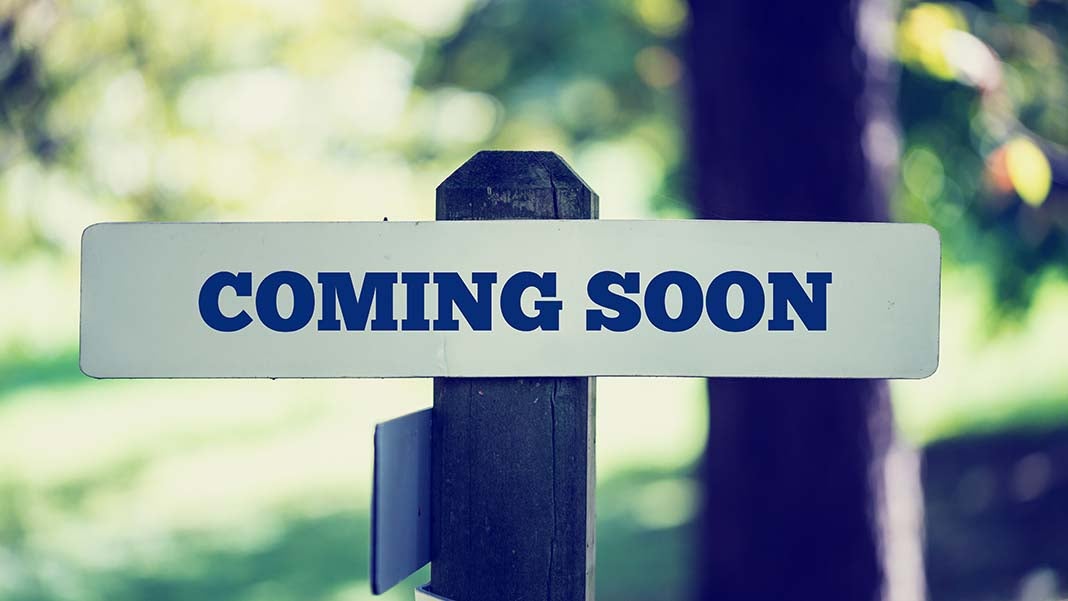
The “presale” is a concept that is fairly new in the world of sales and it’s used in a variety of ways. Here are just a few:
- Kickstarter campaigns “presell” items that are in development.
- Retail stores – most notably Macy’s – have presale events. Customers buy items before the “actual” sale starts, at the sale price and then pick up their items once the sale starts.
- Concert tickets often are offered in a presale basis and in this case it’s the opportunity to buy tickets before the “general public.”
- Services and seminars sell future sessions at presale pricing.
Almost anyone who sells something today can find a way to use a “presale” for strategic advantage. You may be able to accomplish some of these objectives:
- Create an aura of exclusivity,
- Judge overall demand and order accordingly,
- Get additional sales when customers return to your brick-and-mortar location to pick up their presale purchases,
- Obtain an email address or other useful information in exchange for access to notifications of presale events,
- Get a deadline that motivates you and your team to finish a project,
- Improve your cash flow,
- Have the ability to conduct online tests of various price points and marketing materials, and more.
You don’t want to cross any ethical or legal boundaries with a presale strategy. For example, you shouldn’t collect money when you don’t really know if you’re going to go ahead with your plans, or you don’t have a concrete delivery date you can give your customers. Sometimes, just having people put their names on a presale list will give you the information you need and also create the demand you’re looking for.
Dobie Gray had a hit song with “The ‘In’ Crowd” back in the mid-1960s. He sang, “I’m in with the in-crowd” and that’s a feeling most of us like to have. In many cases, being included in exclusive pre-sale events taps into that psychology. Other times giving access to the lowest pricing levels can be the motivating factor: “When the seminar becomes available to the general public next month it will be $500.”
When Macy’s has presale events, the psychological trigger is availability. Customers fear that the items they want will be sold quickly, so to guarantee their purchase, they pay in advance and then return to the store at a later date. Of course, when they return I suspect Macy’s is hoping they find additional items that they would like to buy. In this scenario the retailer wins both “coming and going”!
See how tapping into the presale psychology might work with your customers. Maybe you can create a presale club of “approved” customers. They would get advance notice and access to lower prices than others.
If you do sales at all, adding the dimension of a “presale” to some of them gives you second way to essentially market and promote the same event. This should allow you to squeeze more sales out of what really amounts to only one sale.












